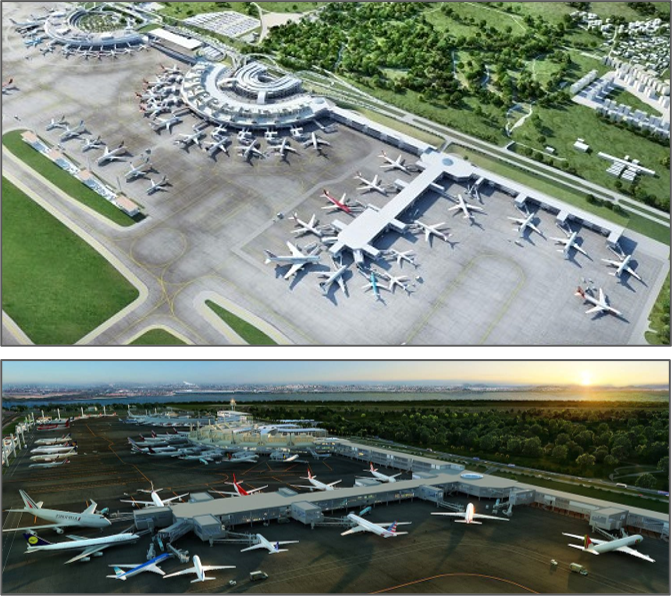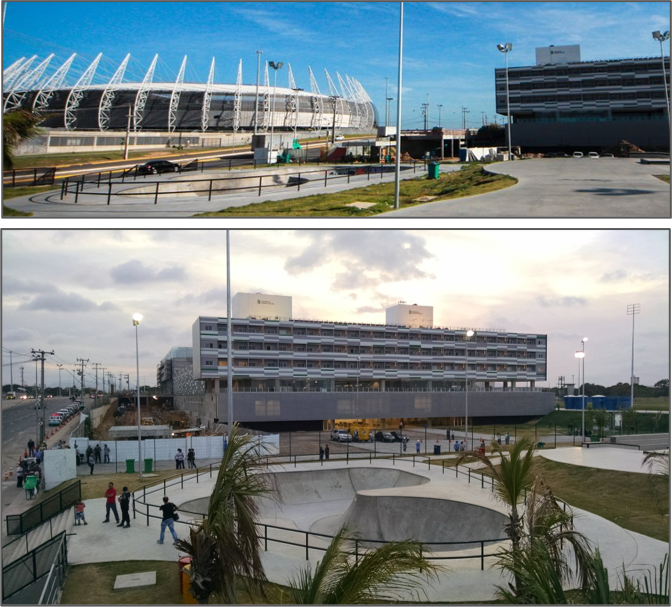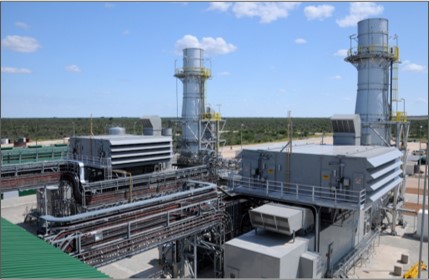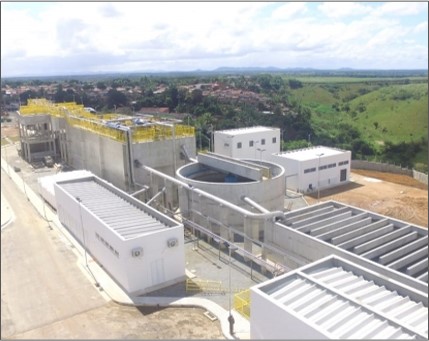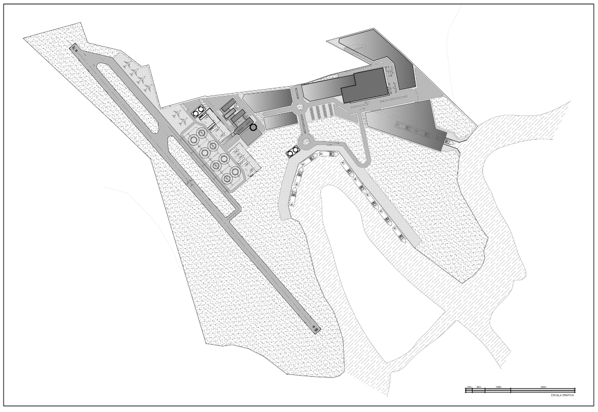

Project Development
O Desenvolvimento de Projetos de Infraestrutura é um Setor da
Economia relativamente novo, mas que que vem ganhando maior espaço nos últimos
anos. A necessidade de privatização dos Serviços Públicos com a elaboração de
Projetos de PPP´s e Concessões, assim como a
prestação de serviços de Infraestrutura Privada, são ferramentas que vêm se
tronando cada vez mais usuais nas chamadas ‘Economias de Livre Mercado’.
O Desenvolvimento de Projetos de Infraestrutura é um Setor da
Economia relativamente novo, mas que que vem ganhando maior espaço nos últimos
anos. A necessidade de privatização dos Serviços Públicos com a elaboração de
Projetos de PPP´s e Concessões, assim como a
prestação de serviços de Infraestrutura Privada, são ferramentas que vêm se
tronando cada vez mais usuais nas chamadas ‘Economias de Livre Mercado’.
The Development of Infrastructure Projects is a relatively new sector of the economy in Brazil, but extremely necessary and that has been gaining ground in recent years. The privatization of Public Services with the elaboration of PPP's and Concessions Projects, as well as the Private Structuring of Projects, are tools that becoming increasingly common in the so-called 'Free Market Economies'.
Since the country began to present a more standardized economic performance and, thus, began to present conditions for long-term planning, taking advantage of all its experience in planning and dimensioning infrastructure works, Court began to develop Projects of this type.
We currently have several Infrastructure Projects developed in our Collection, in the most diverse areas, promotion and all with success in their results; a necessary condition for this kind of work, which proves to be of paramount importance for the country's growth.
